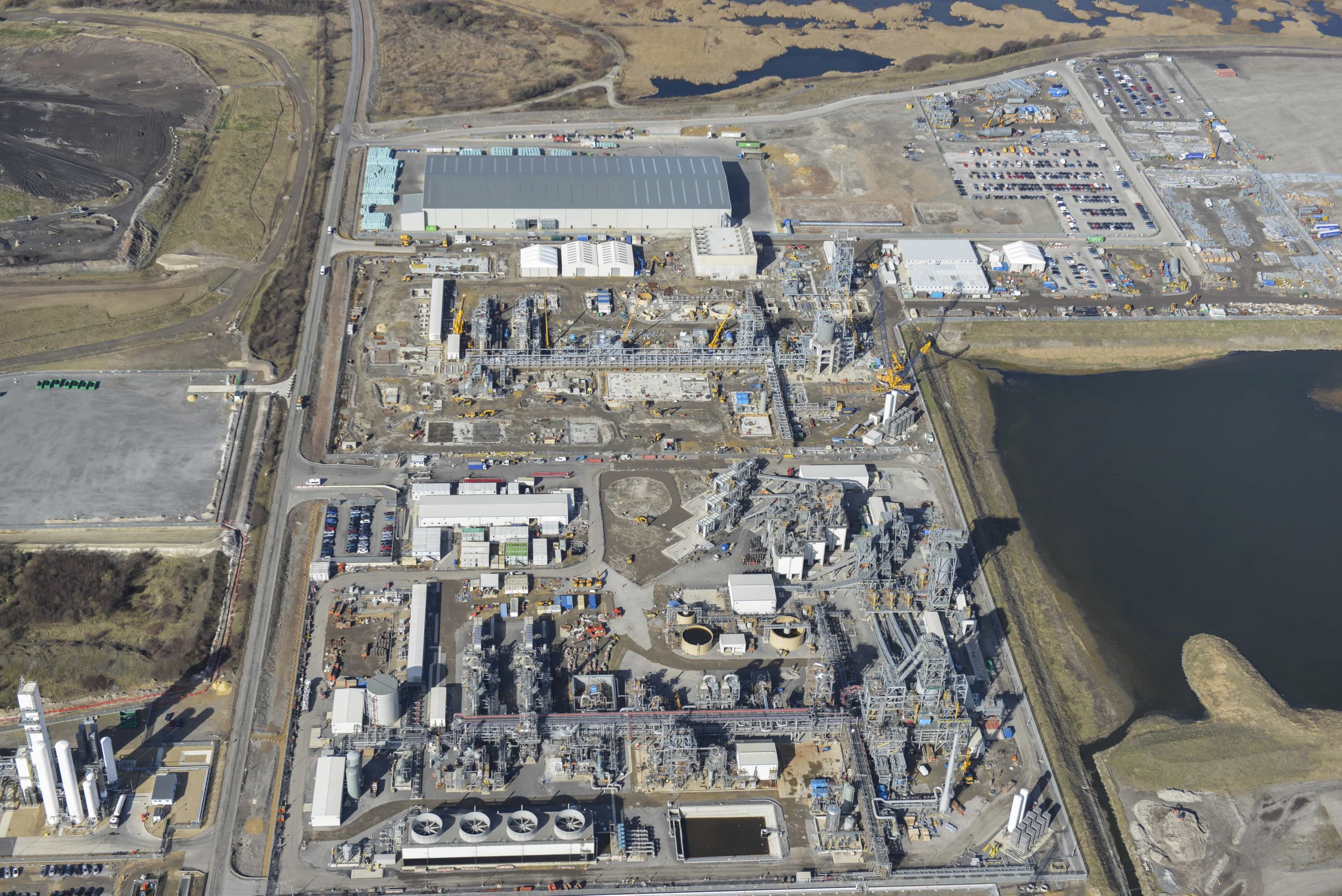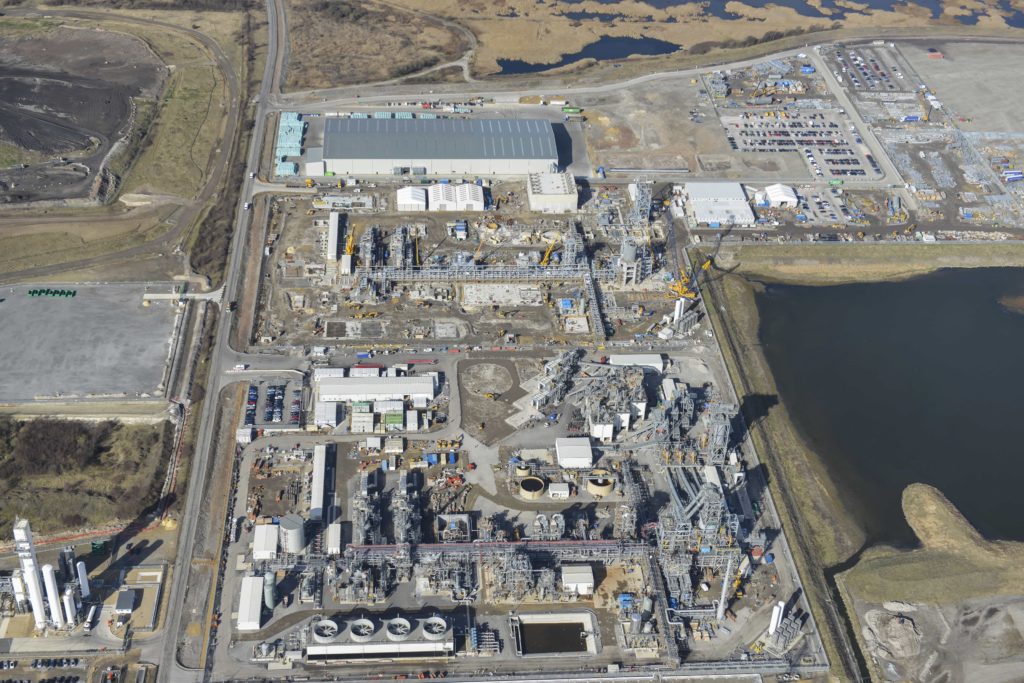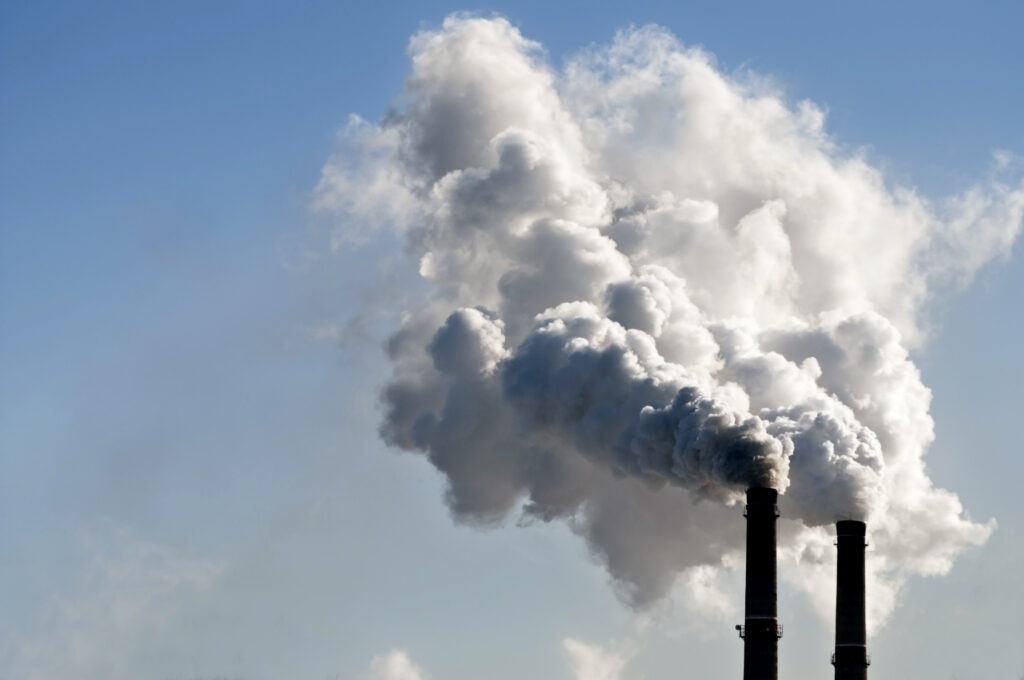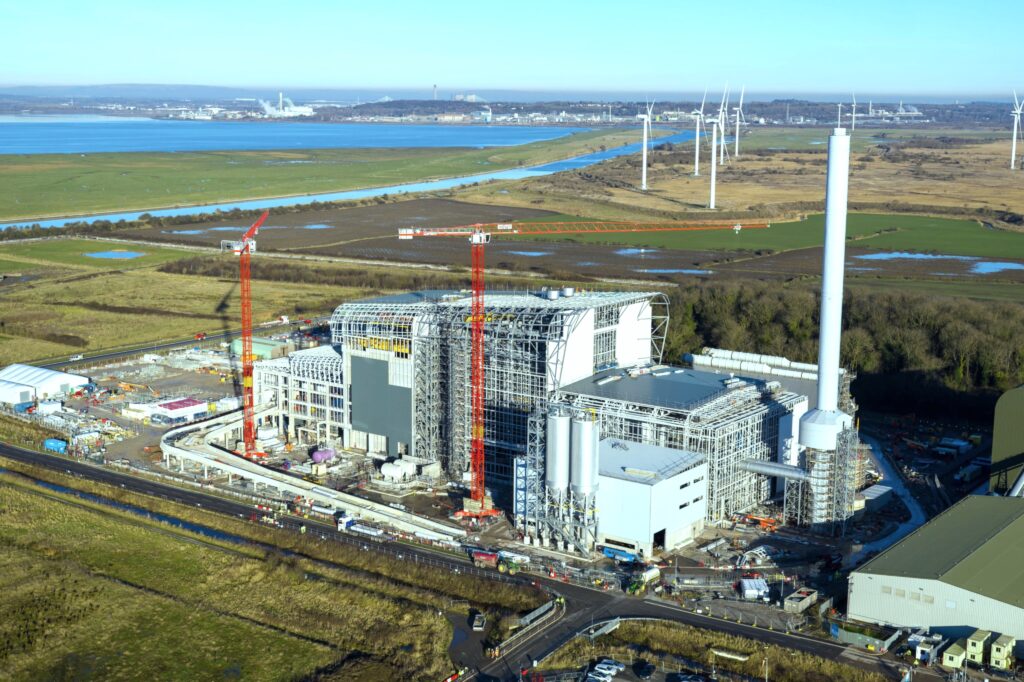Defending delays to commissioning of the TV1 plant, and the decision to halt work on TV2, AlterNRG said that its plasma gasification technology had been employed at several plants around the world.

However, the firm added that it had never attempted to scale up the technology to handle 1,000 tonnes of waste per day.
Based in Canada, AlterNRG is the company behind the Westinghouse Plasma Gasification Technology – a patented gasification technology which has been installed at the Tees Valley site.
The plasma gasification technology has been rolled out to three commercial plants in Japan and India and three reference plants in the US, with the largest operational facility treating roughly 250 tonnes of waste per day – or 90,000 tonnes a year.
Speaking to letsrecycle.com, AlterNRG said that the technology is suited to treating a wide range of municipal solid waste and commercial and industrial waste, which can be broken down and converted into synthetic gas.
The plasma is created by funnelling air through ‘electric arcs’, which resemble lightning bolts, within sophisticated torches. At close to 5,000 degrees celsius, the plasma is then fed into a gasifier – an oxygen-starved vessel where the waste can be treated.
Rather than combusting the waste, the gasifier breaks down the feedstock down into elements like hydrogen and simple compounds like carbon monoxide and water. The inorganic waste element, such as glass and metals, are melted down into a molten slag for use in aggregates.
NASA
According to AlterNRG, the American technology was originally designed in collaboration with NASA for use in the Apollo space programme to reach temperatures necessary to simulate space vehicle re-entry conditions.
Alison Yeckell, sales engineer at AlterNRG, said: “The technology is different than others due to the temperatures it can produce, and therefore the different feedstocks it can take. It’s a more flexible technology and can create a flag product that can be used for other commercial applications such as construction.”
“It’s the first of its size and type so delays to start ups can be expected. The technology has been employed at several plants in the past but never at 1,000 tonnes per day.”
Alison Yeckell, sales engineer
AlterNRG
On TV1 she added: “It’s the first of its size and type so delays to start ups can be expected. The technology has been employed at several plants in the past but never at 1,000 tonnes per day.
“There are always issues with the scale up or scale down of technology. We design it to what we know so that’s what we are doing. We can get mass burn facilities that can do four or five times that but they are not trying to accurately control the thermal combustion process.”
DECC
AlterNRG’s remarks came as the Department for Energy & Climate Change also broke silence on the plants, claiming it was “disappointed” to learn that construction of TV2 had been suspended.
TV2 is currently contracted to provide power on behalf of the government’s Energy for Growth programme over a 20-year fixed period.
A DECC spokesman said: “We are disappointed to learn that Air Products has temporarily suspended construction of their second energy waste project currently being built in Teesside, and our sympathies are with the workers and families affected.
“The company have made clear they remain committed to completing this project and we will continue to stay in close contact with them throughout the suspension.”










Subscribe for free